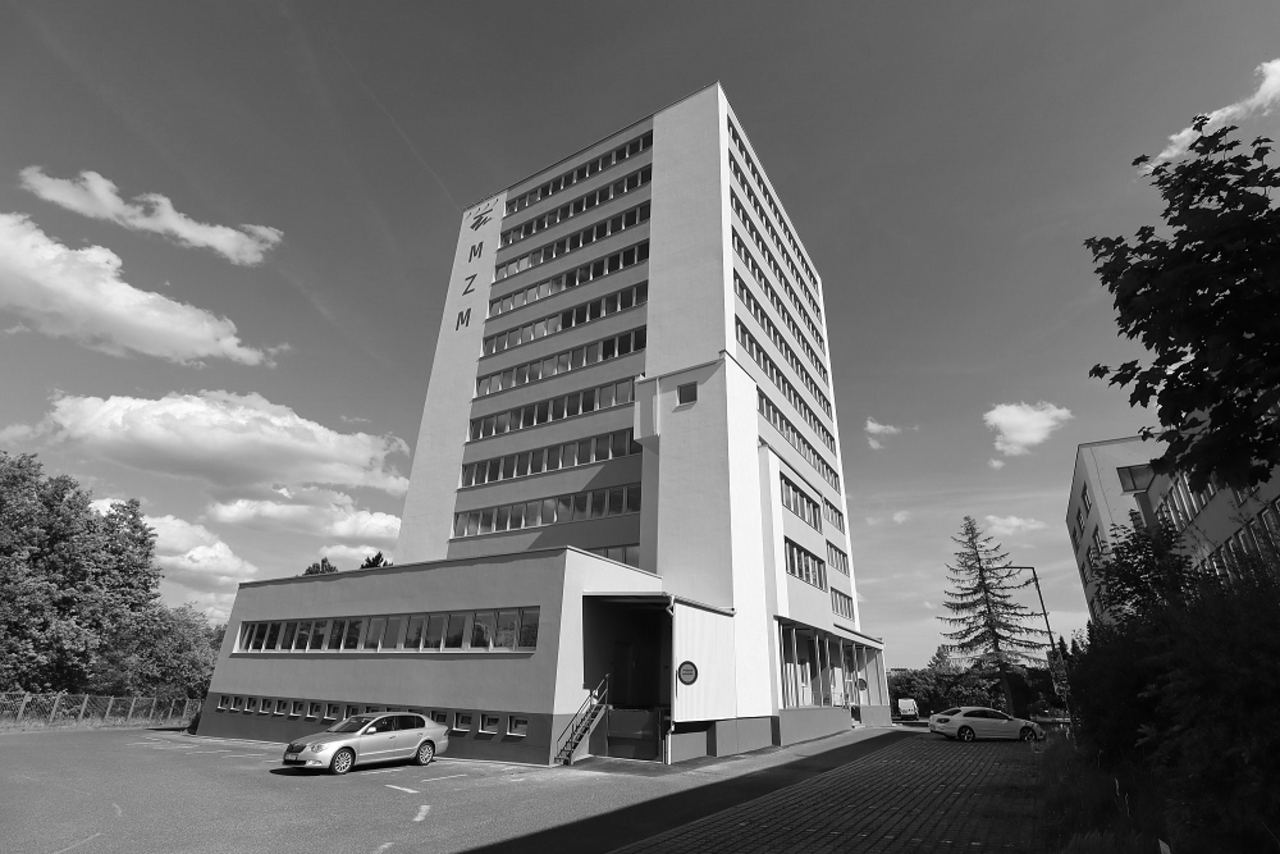Department Head
Mgr. Petra Pichlová - curator focusing on Brno's unofficial cultural scene in the 1980s, Moravian samizdat workshops and housing seminars, Brno signatories of Charter 77; research activities: the Josef Kroupa Fund and the Milan Jelinek Fund
tel.: +420 515 910 420
mob.: +420 775 865 472
e-mail: ppichlova@mzm.cz
Staff
- Mgr. Jan Krejčí - deputy head, curator, focusing on the evangelical circle of dissidents, especially Jan and Milena Šimsa, with an emphasis on the persecution by the communist regime, their activities especially in the 1960s-1980s; research activities: the Jan Hus Educational Foundation fund (digitization of documents), correspondence in the Jiří Gruša fund, Jan Šimsa fund
tel.: +420 515 910 420, e-mail: jkrejci@mzm.cz - Mgr. Ing. Romana Dominika Hrbatová - curator focusing on modern Czech literary history, especially the work of writer, translator, politician, diplomat Jiří Gruša; research activities: the Jiří Gruša Fund and the Jan Trefulka Fund
tel.: +420 515 910 420, e-mail: rhrbatova@mzm.cz - Mgr. Marta Mrázová - curator focusing on the activities of the Oxford Jan Hus Educational Foundation and unofficial culture and education in Czechoslovakia in the 1980s, especially in Brno; research: the Jan Hus Educational Foundation
tel.: +420 515 910 420, e-mail: mmrazova@mzm.cz
Characteristics
In 2010, the first part of the manuscripts of Pavel Kohout, a dissident writer and opponent of the communist regime, became the basis of the collections of the Anti-Totalitarian Cultural History Department (ODKAZ). Moreover, through his initiative, the curators managed to find a way to acquire the collections of other personalities associated with the anti-totalitarian efforts of the 1970s and 1980s. At the end of 2010, the museum acquired a valuable set of documents of the writer and, after November 1989, public figure Jiří Gruša. Later, thanks to Pavel Kohout, the Moravian Museum became the custodian of the original Declaration of Charter 77. The collection was also expanded with the Charter 77 books donated to the museum by Pavel Rychetský.
In 2012, cooperation was initiated with Jiří Müller, one of the leading representatives of the Brno branch of the student movement in the late 1960s, also a dissident, Charter 77 signatory and organiser of the so-called Underground University. It was him who in the following period secured significant acquisitions of documents by historians Jan Tesař and Jaromír Procházka, philosopher Božena Komárková, sociologist Miloslav Petrusek, linguist Milan Jelínek, and materials from the Oxford Jan Hus Educational Foundation from the personal archives of Roger Scruton, Barbara Day and David Matthews. This was followed by acquisitions from Jan Trefulka and Milan Uhde.
The individual funds, historically, sociologically, philosophically, politically or linguistically oriented, united by the anti-totalitarian mindset of their originators, were originally part of the Literary History Department. Due to the importance of their legacy, a significant decision was made - the establishment of a separate department, which was established under the name of the Centre for 20th Century Cultural and Political History on 1 April 2015. In the following year, the building in which this department is housed was named the Jiří Gruša House. The last major change occurred on 1 July 2018, when the department was renamed ODKAZ – Anti-Totalitarian Cultural History Department.
In addition to collecting activities and work with the collection, which focuses primarily on the professional processing of acquired collections, their gradual registration, digitization and providing access to researchers, the department's employees are also engaged in activities to make the content of the collections available to the public in the form of thematic exhibitions, professional articles, lectures, guided tours and further activities.
- Research room - the collections are accessible to researchers on working days (9.00-16.00) by prior arrangement with individual curators of the collections.
- Departmental Reference Library - open to the public, borrowing hours on working days (9.00-16.00) by prior arrangement with the curators.
A maximum of 3 researchers can be in the study room at the same time.
In Spite of Normalization
The exhibition presents the historical development of Czechoslovakia between 1968-1989 through accompanying texts and visual material on panels, original period documents and other exhibits in showcases. It focuses mainly on Moravian and Brno life and institutions.
For school groups we offer a guided tour of the exhibition. Through contemporary documents from the modern history of Brno and other exhibits, the last twenty years of the totalitarian regime in Czechoslovakia, especially in Brno and Moravia, will be presented.
Happy Homeless – European and World Citizen Jiří Gruša / Glücklich heimatlos – Europäer und Weltbürger Jiří Gruša
The exhibition offers an insight into the life of Jiří Gruša, who was primarily a poet and prose writer working simultaneously in Czech and German. At various stages of his life, he worked as a dissident, a fighter against censorship and dictatorship, then as a diplomat, translator, and mediator of national and cultural reciprocity.
